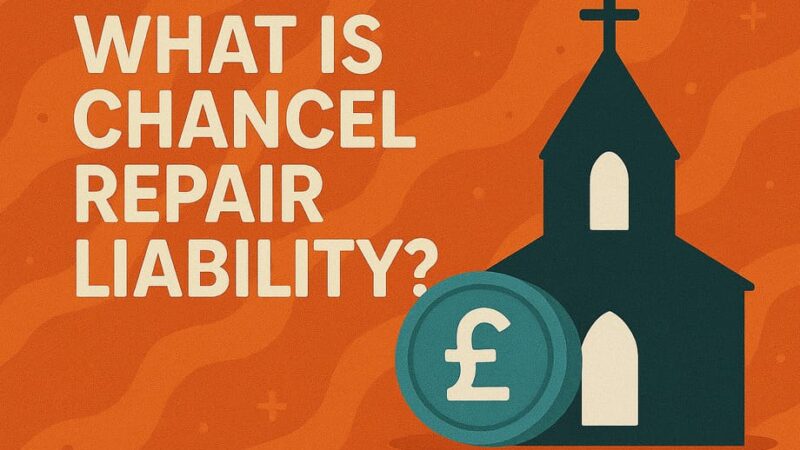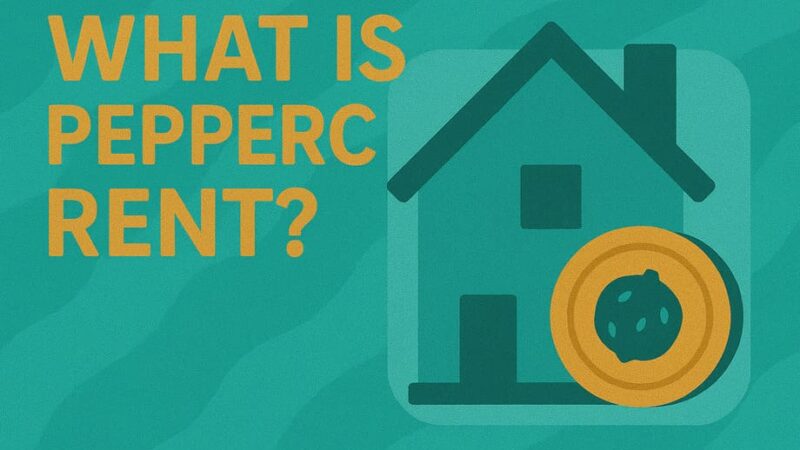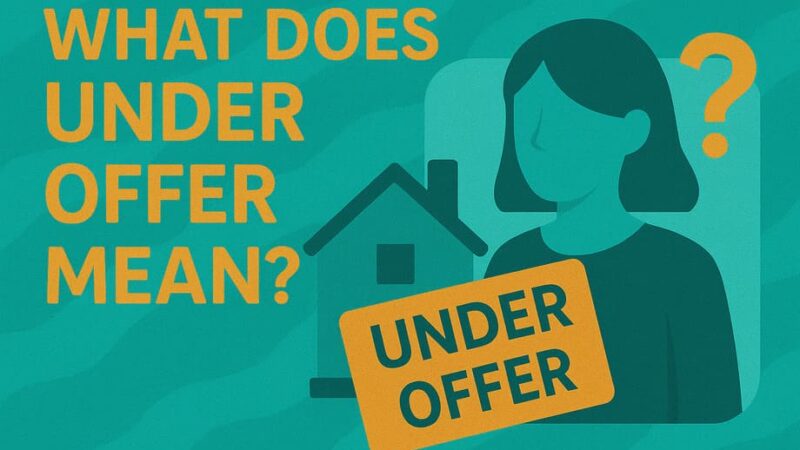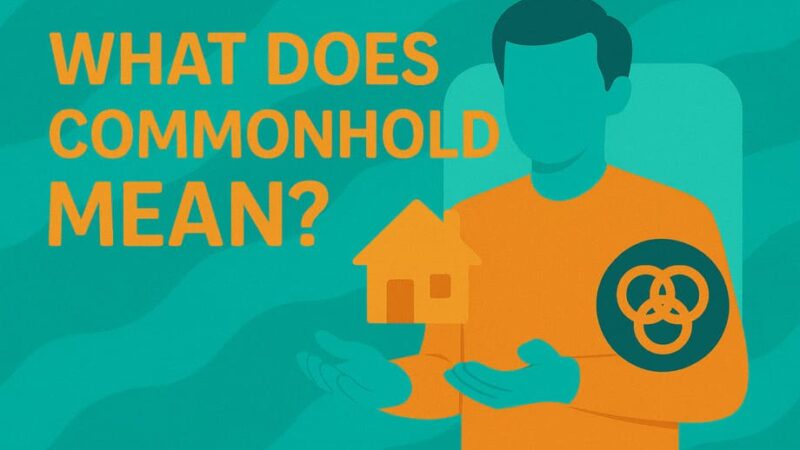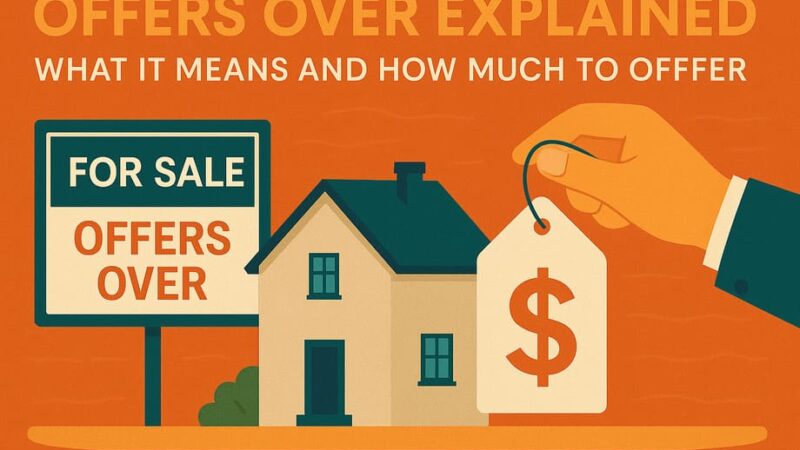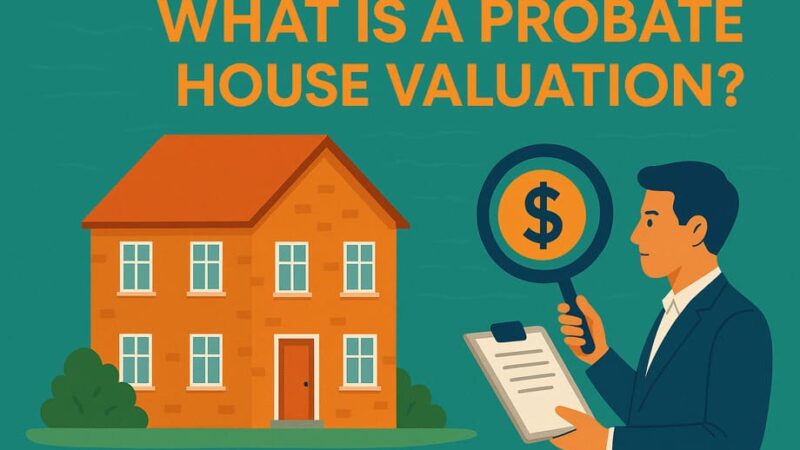What Credit Score Do You Need to Buy a House in the UK? A First-Time Buyer’s Guide

Thinking about buying your first home? One of the most important — and often misunderstood — factors in securing a mortgage is your credit score. Lenders look at your credit history to determine how risky it would be to lend you money.
But here’s the problem: credit scores in the UK can be confusing. There’s no universal score, and each credit agency uses different ranges. So, what credit score do you actually need to buy a house in the UK?
This guide will break it all down — from understanding the scoring systems to tips for improving your chances of mortgage approval.
Table of Contents
Why Credit Scores Matter When Buying a House in the UK
Before offering you a mortgage, lenders want to know if you’re likely to repay it. That’s where your credit score and credit history come in. A higher score usually means:
- Better interest rates
- Access to more mortgage deals
- Higher borrowing limits
On the flip side, a poor score may result in:
- Mortgage rejection
- Higher deposit requirements
- Limited lender choices
Your score doesn’t have to be perfect — but it should show that you’re financially responsible.
How Are UK Credit Scores Measured?
There’s no single credit score in the UK. Instead, there are three major credit reference agencies (CRAs), each with their own scoring systems:
| Credit Agency | Score Range | What’s Considered “Good” |
|---|---|---|
| Experian | 0–999 | 881+ |
| Equifax | 0–1,000 | 531+ |
| TransUnion | 0–710 | 604+ |
Tip: Lenders don’t just look at your score — they review your full credit history, income, debts, and other factors.
What Credit Score Do You Need to Buy a House in the UK?
There’s no fixed score that guarantees mortgage approval, but here’s a general guide:
- Excellent (Experian 961–999): Access to the best mortgage rates and high approval chances
- Good (881–960): Strong candidate, competitive deals likely
- Fair (721–880): Mortgage approval possible, but interest rates may be higher
- Poor (561–720): Limited mortgage options, may require specialist lenders or a bigger deposit
- Very Poor (0–560): High likelihood of rejection from mainstream lenders
Most lenders prefer a credit score that falls in the “Good” range across Experian or Equifax. If your score is lower, don’t panic — there are still options, especially with the right deposit and income level.
7 Practical Tips to Improve Your Credit Score Before Applying for a Mortgage
Improving your credit score doesn’t have to take years. Here are steps you can start taking today:
1. Register on the Electoral Roll
Make sure your name and address are on the electoral register. It’s one of the quickest ways to boost your score.
2. Check Your Credit Reports for Errors
Request your credit file from Experian, Equifax, and TransUnion. Look for incorrect addresses, outdated financial accounts, or fraudulent activity.
3. Pay Bills on Time
Late payments on loans, credit cards, or even utility bills can hurt your score. Set up direct debits to ensure on-time payments.
4. Reduce Your Credit Utilisation Ratio
Try to use less than 30% of your available credit limit. For example, if your credit card limit is £2,000, aim to keep your balance under £600.
5. Avoid Multiple Credit Applications
Each application creates a “hard search” on your file. Multiple applications in a short time can suggest financial instability.
6. Use a Credit Builder Card
These cards are designed for those with thin or poor credit files. Use one responsibly, repay in full each month, and build a positive payment history.
7. Keep Old Accounts Open
Long-standing accounts show lenders you have a stable credit history. Don’t close your oldest credit card unless it has fees.
Pros and Cons of Buying a Home With a Low Credit Score
If your credit score isn’t ideal, buying a home can still be possible — but it comes with trade-offs.
Pros
- Specialist lenders available for poor or limited credit histories
- Government schemes like Shared Ownership or First Homes may still be accessible
- Co-buying options can help if your partner has a stronger score
Cons
- Higher interest rates and more expensive monthly repayments
- Larger deposit may be required (sometimes 15–20%)
- Limited mortgage choice, especially with mainstream banks
- Increased chance of rejection from lenders
Mortgage Approval Isn’t Just About Your Credit Score
While credit score matters, lenders consider your full financial profile, including:
- Income and employment
- Debt-to-income ratio
- Deposit size
- Affordability checks
Even with a fair or poor credit score, a strong deposit and reliable income may still win approval.
Best Mortgage Options for First-Time Buyers with Poor or Average Credit
If your score is in the “fair” or “poor” range, these options may work for you:
- Specialist mortgage lenders like Kensington Mortgages or Aldermore
- Guarantor mortgages backed by a family member
- Shared Ownership (part-buy, part-rent)
- Joint mortgages with a financially stronger partner
- Government schemes with flexible eligibility criteria
What credit score do you need to buy a house in the UK? There’s no single number — but aiming for a score in the “Good” range (above 881 with Experian or 531 with Equifax) puts you in a strong position.
Even if your score is average or poor, homeownership is still possible. With the right preparation, support, and mortgage strategy, many first-time buyers secure a home without perfect credit.
Take action early:
- Check your credit reports
- Take steps to build or rebuild your score
- Get advice from a mortgage broker if needed
Last Updated on July 29, 2025 by James Cartwright


